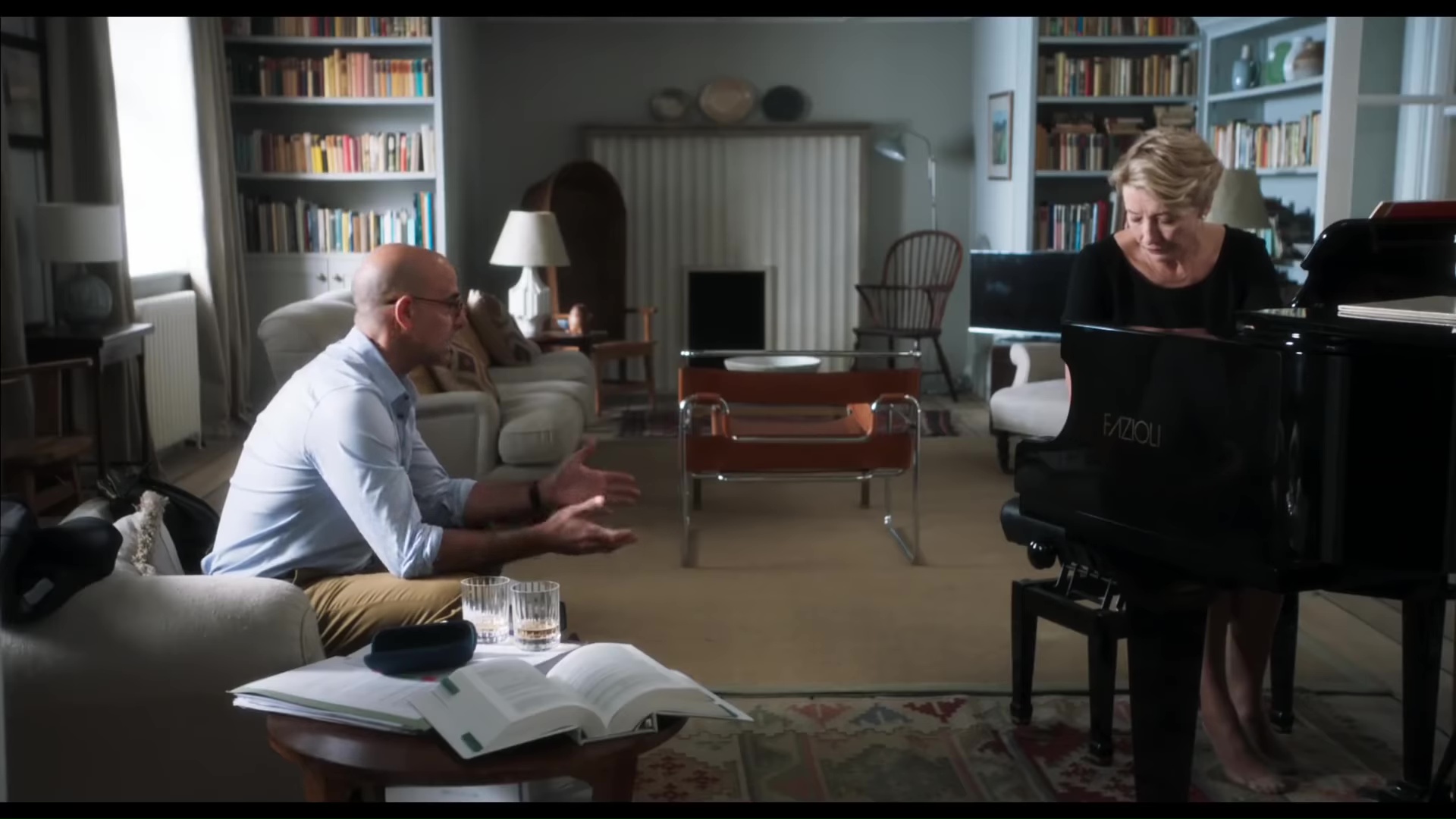The Children Act, based on Ian McEwan’s book, features a divine performance by Emma Thompson; but is this enough to justify the unanimous international appreciation?
Elena Saltarelli stands out with an outside voice in this well-inspired review.
The Children Act – as seen by Elena Saltarelli
The expectations for this film were great, once discovered its release. Some of it was due to the fact that a British stage director (Richard Eyre) decide to direct a film which has as its object a court case and some of it was due to the nature of the film itself, adapted from the book The Children Act, written by a writer that I love, Ian McEwan (Atonement, ed).
I already expected to feel the pressure of the weight of that emotional sublimation which characterizes the English people, to get carried away by the harshness of the choice i.e the focus of the action and to perceive the greatness of the consequences that this choice requires.
But it wasn’t like that, or rather: it could be so, but at some point some elements have taken me away from the gravity accent that should have been maintained unchanged and they have made the last 45 minutes hasty and disappointing.
First of all, the director’s vision about some scenes: as the scene of Fiona Maye’s concert, where some shots in slow-motion removed the effect of oppressive guilt that the main character was feeling during the performance. At the same time, the complicated relationship with her husband was not understood and explained with due cinematographic honesty: the final scene of reconciliation is incorporated in the boy’s impending death, relegating the husband into the sphere of the including friend that must listen, though wounded.
The main feeling, moreover, is that the main character has a preeminent value on the rest: on the difficult situation that occurs, on the immature and desperate love that Adam feels for her, on the illness of the latter. All the actions involving Adam (his stalking, his composing, his desperate run under the rain, his death) are denied to our eyes and lived just through hers, and the great suffering of his near end is liquidated with a judge’s sentence – what a lovely boy.
All in all is a good film, but it’s not the masterpiece I expected: is too affected by the obligations to other kind of arts (in this case theatre and literature) failing to emancipate from them, and fails to deposit on our shoulder the great stone of drama, inevitably remaining into its arms









Commenti recenti